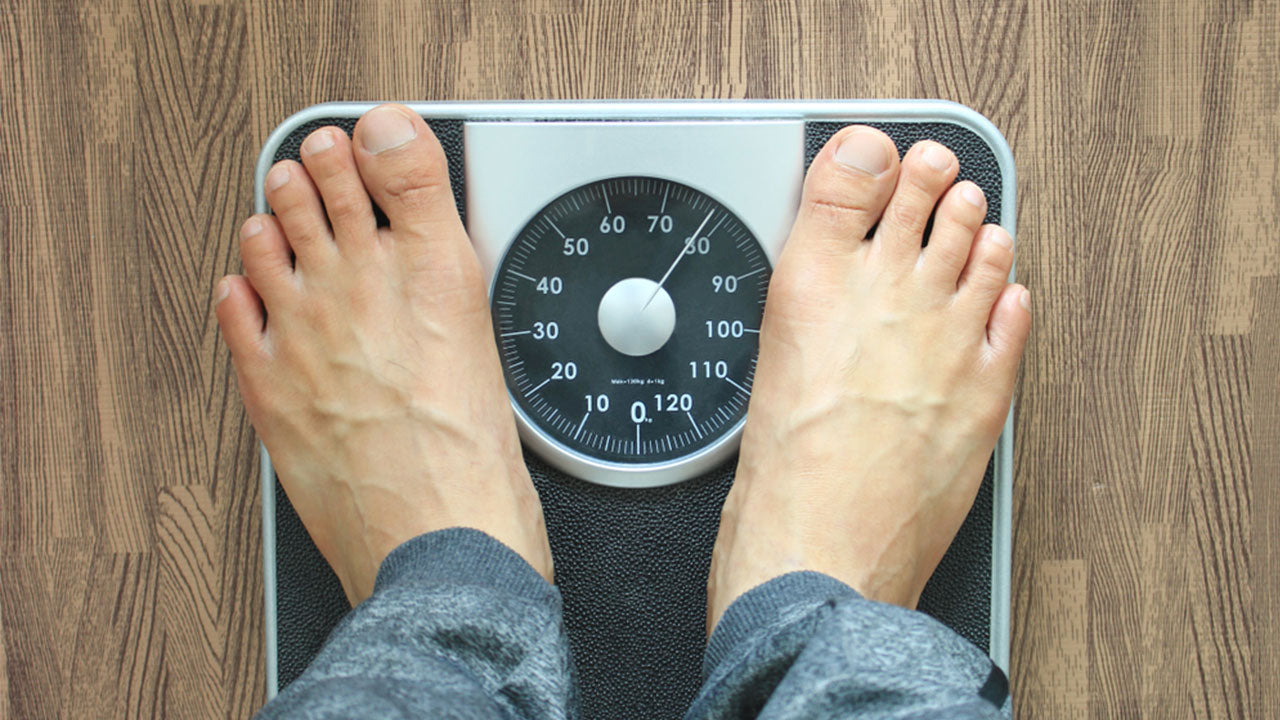Can Amino Acids Cause Weight Gain?
 By: by Amino Science
By: by Amino Science

When you ingest amino acids—the building blocks of protein—your body uses them to make both enzymes and proteins as demands require. Any leftover amino acids then follow various metabolic pathways. Some are converted into glucose and used as energy. Others become glycogen and are stored in the liver and muscle tissue for future energy use. And still others are turned into fat and stored in fat cells. But is it possible that amino acids cause weight gain? Let’s explore this question and see if we can find the answers you seek.
Amino Acids Are Low in Calories
Amino acids contribute 4 calories for every gram of protein you consume. Which means if you take 4 grams of an amino acid supplement, you’re consuming only 16 calories. Moreover, beneficial effects of essential amino acid supplements have been demonstrated with doses less than 4 grams. So if you’re worried about the number of calories in your diet, you can choose to supplement with a simple 4-gram, 16-calorie dose.
You also get amino acids from the dietary protein you eat. However, the calorie load from dietary protein intake is significantly higher. For example, let’s say you choose to get your 4 grams of essential amino acids from a high-quality whole food source such as pasture-raised meat. In this case, you’ll be getting an extra 100 calories a day compared with the 16 calories you would be getting from the amino acid supplement.
However, when it comes to weight gain, it’s important to monitor the number of calories you’re ingesting and compare that to what your body needs. To determine how many calories you should eat each day based on your sex, height, and activity level, you can use this online calculator, which is based on the Mifflin-St Jeor equation for estimating calorie requirements.
Amino Acids for Fat Loss
Far from causing weight gain, amino acids can actually help boost the production of hormones that burn fat and promote weight loss. One such hormone is the growth hormone somatotropin (STH). STH activates protein synthesis—and therefore muscle building—as well as fat burning.
Studies show that obese and overweight individuals tend to have low concentrations of STH. However, certain amino acids have been shown to increase levels of STH, most notably arginine, methionine, and glutamine.
Moreover, a 2011 study published in The Journal of Nutrition that focused on middle-aged adults from East Asian and Western countries showed that individuals with a higher intake of branched-chain amino acids (BCAAs) have a lower prevalence of obesity and are not as overweight.
Researchers attributed this effect to the BCAA leucine—which can increase energy expenditure and thereby decrease both body weight and body fat—as well as the ability of BCAAs to lessen the effects of insulin resistance and improve glucose tolerance (the measure of how well your body processes blood sugar).
So Do Amino Acids Cause Weight Gain?
After examining the evidence, my answer to this question would have to be no. I don’t think amino acids will cause you to gain weight unless you eat too much protein—such as excessive amounts of animal protein or whey protein powders, protein shakes, or other types of protein supplements, which can be high in calories—and don’t burn off the excess amino acids.
However, I do think amino acids will help you maintain and even build muscle tissue. And this may cause moderate weight gain because muscle weighs more than fat. But that would still leave you with a better body composition, improved body mass index (BMI), and leaner, more toned figure. And who’s going to argue with that?
Amino Co supplements Perform and Life are just 10 calories a scoop (Heal is 20), and all are proven to help burn fat and build muscle, the perfect recipe for your body composition goals.


Up to 25% off Amino
Shop NowTAGS: tips
Join the Community
Comments (0)
Most Craveable Recipes




 833-264-6620
833-264-6620



















